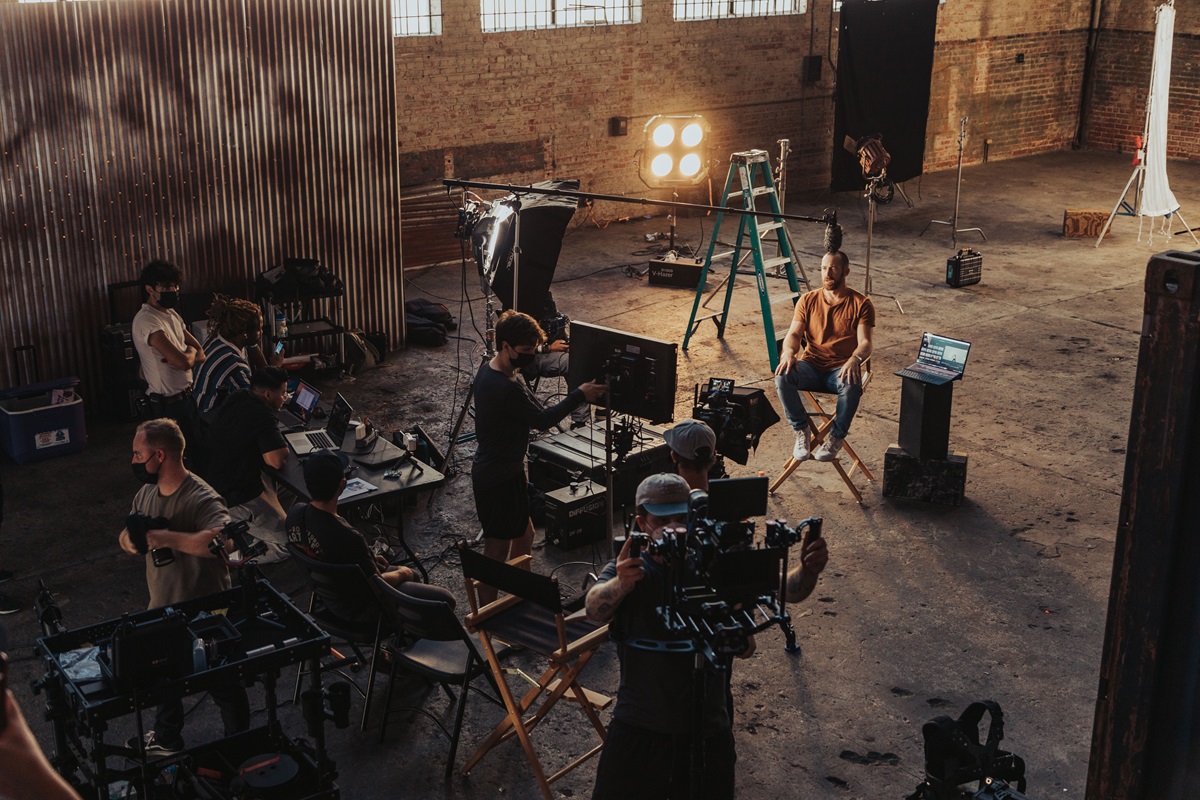In the world of cinema, where stories come to life on the big screen, a filmmaker’s journey is nothing less than an adventure. From the beginning of an idea to its completion, there are many paths to explore and skills to acquire. For aspiring filmmakers, the path often begins with education, and the options are diverse: from modeling college to film directing courses and acting classes. In this blog post, we will discuss these key aspects of filmmaking and how they can shape your film dreams.
The Art of Visual Storytelling
Film is a visual medium and visual elements play an important role in storytelling. Modeling colleges provide a unique platform to budding filmmakers to understand the nuances of visual storytelling. Here, students learn to appreciate aesthetics, develop an eye for detail, and understand how each frame contributes to the narrative.
Aspiring filmmakers often underestimate the importance of modeling in film. However, the skills acquired in modeling college can prove invaluable when it comes to framing shots, understanding lighting, and creating captivating visual language in your films. Knowledge of modeling can help you create images that impact audiences on a deeper level.
Shaping the Vision like a Director
Once you understand the visual aspect, the next step in your filmmaking journey is to enroll in a Film direction course. Filmmaking is the heart and soul of any film project. This is where the vision of the film takes shape and every aspect of the production falls under the responsibility of the director.
In film directing courses, you will learn the art of storytelling, script analysis, and the practical aspects of directing actors, crew management, and creative decision-making. These courses provide a comprehensive understanding of the role of the director and give you the skills necessary to transform a script into a visual masterpiece.
Building Authentic Actionable Characters
Acting is the cornerstone of cinema. No matter how engaging your story or how skillful your direction is, it’s the actors who bring your characters to life. Enrolling in Acting classes can give you a deeper understanding of the actor’s craft, helping you communicate effectively with your castmates and deliver authentic performances.
Understanding acting can also make you a more empathetic director, able to guide actors through challenging scenes and help them reach their full potential. It’s a skill that can bridge the gap between your vision and its execution on the screen.
Capturing the Cinema Essence
Cinematography is often considered the poetry of cinema. It is the art of capturing the essence of a story through a lens. Cinematography courses teach you the technical aspects of camera work, lighting, composition, and color grading. These courses are essential for anyone who wants to become a skilled cinematographer or simply wants to better understand the visual language of film.
By mastering cinematography, you’ll have the tools to translate your creative vision into captivating images that will make your films stand out and leave a lasting impression on audiences.
Exploring the Synergy Interplay of Disciplines
The beauty of cinema lies in the interconnection of these themes. The knowledge and skills acquired in film school complement and enrich your storytelling skills.
When you understand modeling, you’ll be able to make more informed decisions about the framing of your shots. Having a background in cinematography can help you appreciate the impact of lighting and camera angles on the emotions of a scene. Film directing courses allow you to effectively communicate your vision to actors and achieve the best performances. Meanwhile, acting classes will give you insight into the actor’s perspective, fostering collaboration and trust on set.
Choosing the Right Path
The path you take in cinema depends to a large extent on your personal aspirations. Some people may decide to focus primarily on one discipline specializing in modeling, directing or film production, while others may opt for a more holistic approach. Ultimately, the journey of a filmmaker is individual and there is no single approach for all.
It is worth noting that the best filmmakers usually have a good knowledge of all these aspects, as this allows them to make informed decisions during the production process. So, although specialization is an option, adopting a broader knowledge base can transform you into a more versatile and adaptable filmmaker.
Conclusion
In the end, the path of a filmmaker is a tapestry woven with different threads. The keywords modeling schools, film directing courses, acting classes, and cinematography courses represent important components of this tapestry. However, it is his unique vision, creativity, and dedication that will make his films stand out and be loved by audiences.
Take the opportunity to explore these various topics, learn from them, and integrate the knowledge into your storytelling. The world of film is waiting for your unique voice and perspective. So go ahead, embark on this extraordinary journey and let your cinematic dreams come true. Remember, the most unforgettable stories often come from the heart of a passionate, curious and brave filmmaker as he weaves together the different elements of this magical art.






